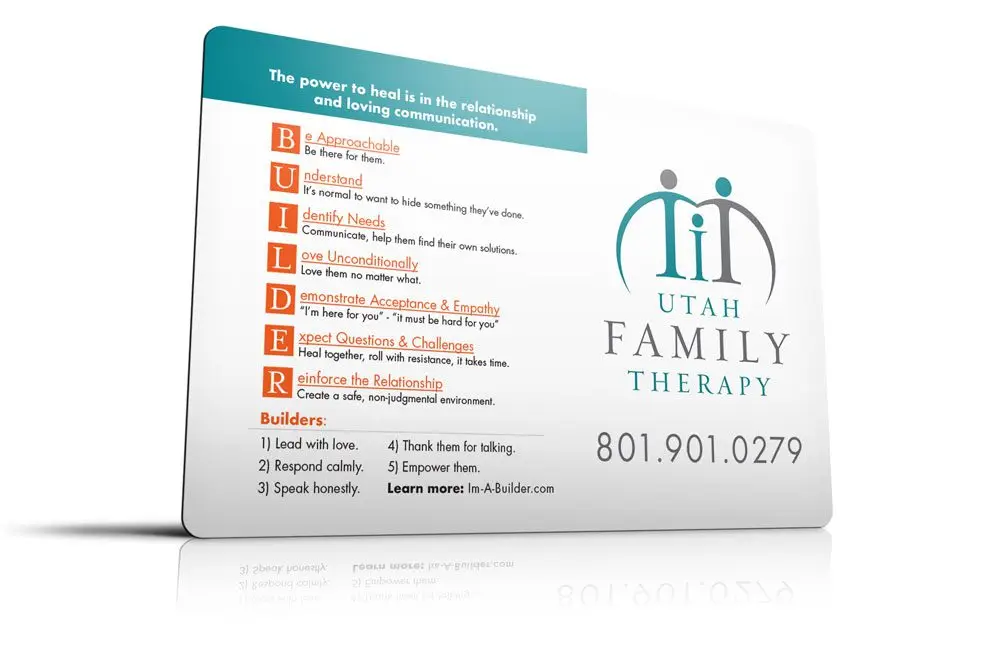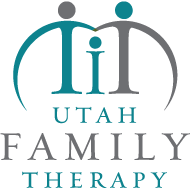How to Talk to Your Teen About Addiction Without Pushing Them Away
When you talk to your teen about addiction it can feel scary and overwhelming.
You want to help them but might worry about saying something wrong or making them shut down.
Here are some tips to guide your conversation so it feels safe and helpful for both of you.
Table of Contents

Follow These Tips When You Talk to Your Teen
Pick the Right Time and Place
Choose a quiet time when you want to talk to your teen so you can talk without distractions.
Avoid bringing it up during an argument or when you are upset.
A calm environment helps make the conversation feel less stressful.
Start with Love and Care
Begin by letting your teen know you care about them.
For example, you can say, “I’m bringing this up because I love you and want the best for you.” This helps them see you’re coming from a place of support, not judgment.
Ask Open-Ended Questions
Instead of saying, “You’re doing drugs, aren’t you?” try asking, “Can you tell me about what’s been going on with your friends lately?”
or
“Have you ever felt pressured to try something you weren’t sure about?”
Open-ended questions invite your teen to share their thoughts and feelings.
Listen More Than You Speak
Talk to your teen and give them time to talk without interrupting.
Show them you’re listening by nodding or saying, “I hear you,” or “That must be hard.”
Avoid jumping in with advice or lectures right away.
Share Facts, Not Fear or Shame
Scaring your teen with worst-case scenarios can push them away.
Instead, share simple facts about addiction and how it can affect their health, relationships, and goals.
For example, you could say, “Using drugs can change how your brain works, and that can make it hard to focus on things you care about, like sports or school.”
You can also share statistics about the prevalence of addiction among teenagers or the potential long-term effects of drug use.
Shame can increase the desire to use because of feeling worthless and of no value to others.
Be Honest About Your Concerns
If you’re worried your teen might be experimenting with substances, pornography or other tech addictions, share your feelings honestly but gently.
You might say, “I’ve noticed some changes in your behavior, and I’m concerned. Can we talk about it?”
Offer Support, Not Punishment
If your teen admits to struggling or experimenting, stay calm.
Avoid yelling or making threats. Instead, ask how you can support them.
For example, “What can we do together to help you feel better?”
Remember, support means helping them find healthy coping mechanisms or professional help, not punishing them for their actions.
Keep the Conversation Going
Talking about addiction isn’t a one-time thing.
Regular conversations, where you check in with your teen and let them know you’re always there to listen, can build trust and make it easier for them to come to you in the future.
This ongoing connection can provide reassurance and strengthen your relationship.
Get Help if Needed
If you feel your teen needs more support than you can provide, don’t hesitate to contact a counselor, therapist, or support group. Let your teen know that seeking help is a sign of strength, not weakness.
Final Thoughts
When you talk to your teen about addiction remember it is a journey that requires patience and love.
You can guide them toward healthy choices by creating a safe space for honest conversations.
Remember, your support and understanding can make all the difference, and there is always hope for a positive outcome.
Below is an acronym to remember when communicating with friends and loved ones.

Use the B.U.I.L.D.E.R Method
B – Be Approachable
Be there for them.
U – Understand
It’s normal to want to hide something they’ve done.
I – Identify Needs
Communicate, help them find their own solutions.
L – Love Unconditionally
Love them no matter what.
D – Demonstrate Acceptance & Empathy
“I’m here for you” – “it must be hard for you”
E – Expect Questions & Challenges
Heal together, roll with resistance, it takes time.
R – Reinforce the Relationship
Create a safe, non-judgemental environment.



